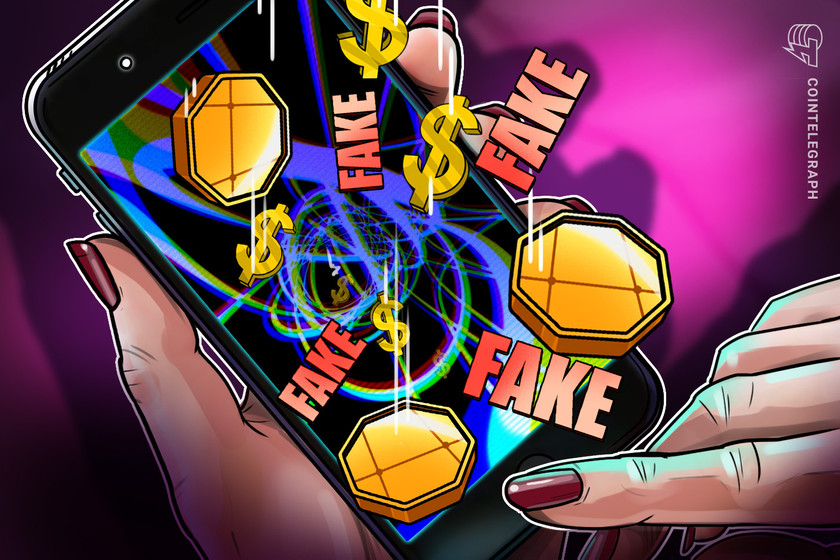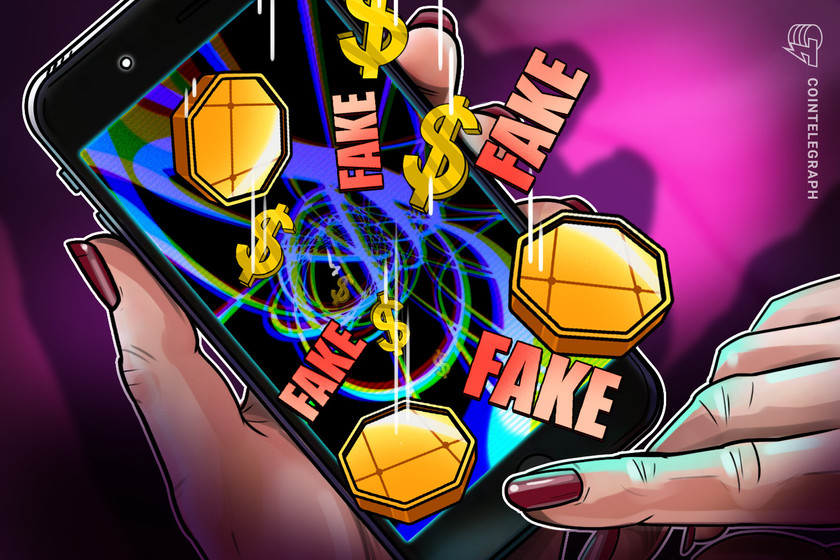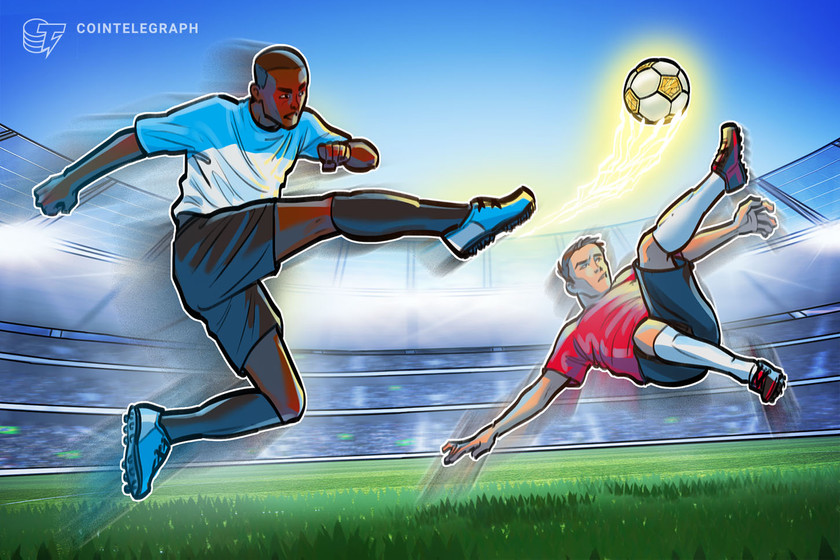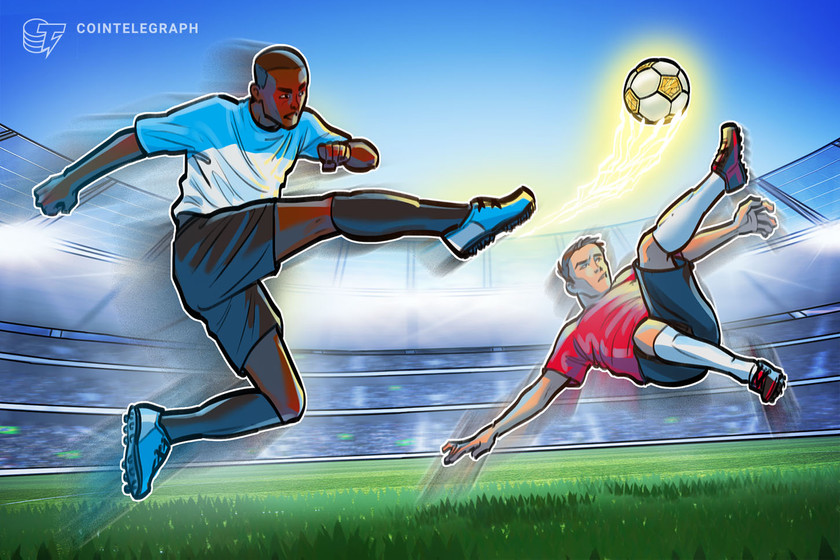Argentina football league scores metaverse partnership after World Cup triumph



Argentina’s football association has partnered with metaverse platform Upland following the national team’s World Cup victory in Qatar.
Argentina’s World Cup triumph in Qatar is already bearing fruit for its national football association through a new metaverse partnership.
The country’s professional football league will make the first foray into Upland’s metaverse through an official licensing agreement between the Argentine Football Association (AFA) and the Silicon Valley-based firm.
The deal will see the AFA take the Liga Profesional de Fútbol (LPF) into Upland’s metaverse platform, powering fan engagement between Argentinian football fans, teams and players.
Gamified opportunities are touted to include a variety of Argentine football digital collectibles, including teams, clubs, players, tickets, highlights from games, historical moments and other exclusive offers.
The partnership also represents a first for Upland as it offers exclusive ownership of highlight videos of moments from LPF matches. The sale of a variety of nonfungible tokens is set to provide the Argentinian top-flight league with a new source of income as users buy, sell and trade licensed digital assets.
Upland will also afford users the ability to start virtual businesses to resell LPF digital collectibles in user-owned and operated shops located on virtual properties. The metaverse platform is mapping out a digital version of the world intended to offer digital land ownership, asset creation and a virtual economy.
The agreement with the Argentine Football Association comes on the back of Upland’s partnerships with Portuguese topflight outfit FC Porto as well as FIFA itself. The latter agreement saw Upland offer licensed digital collectibles for the 2022 World Cup in Qatar, which included highlights from the recently completed tournament.
Related: Fan tokens struggle to hold on as World Cup quarter-finals draw nearer
The world of sports, cryptocurrencies and blockchain have become increasingly entwined in recent years. Formula 1 filed trademarks, including NFT and cryptocurrency-powered goods and services in August 2022, while the likes of McLaren and Red Bull Racing explored their own Web3 and NFT offerings this season.
Meanwhile, fan token platform Socios has continued to grow this year despite tough market conditions. Cryptocurrency exchange OKX has also expanded its marketing efforts, inking a sponsorship deal with current English Premier League champions Manchester City in 2022.
Portugal captain Cristiano Ronaldo also joined the world of Web3 through an exclusive partnership with Binance to roll out a series of NFT collections in a multi-year deal.















